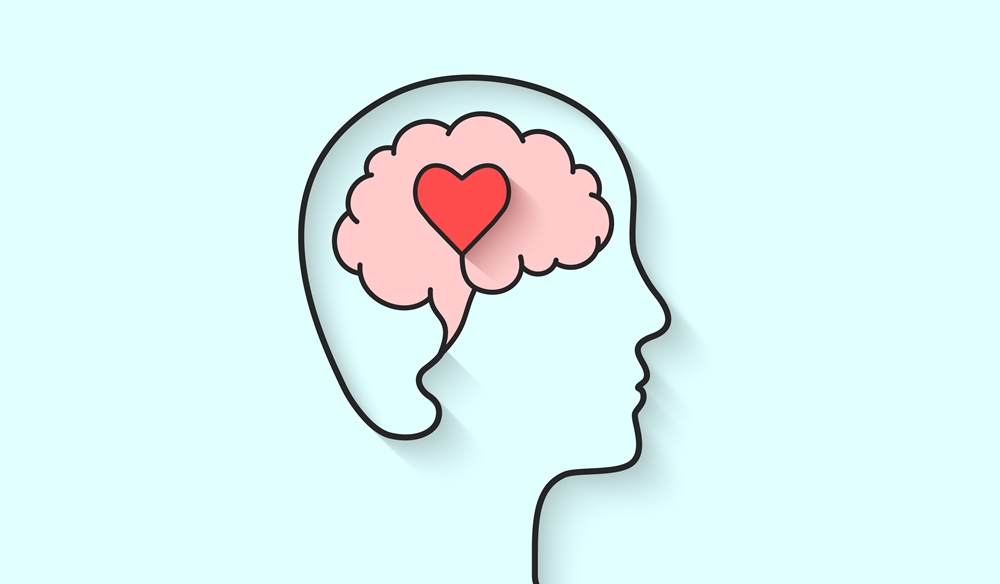Mental illness is a conundrum, and most people have a phobia of even talking about it. The stigma associated with it makes mental illness a dreaded topic. The concept of mental health can be confusing for people to understand, given the social stigma that still surrounds mental illness/disease/disorder even today. In many ways, mental health is just like physical health—everybody has it, and we need to take care of it. Like the physical diseases/ illnesses are of various kinds, mental illness/ diseases are also of various kinds. Like physical diseases are classified into various kinds (viral, bacterial, etc.), mental illnesses, diseases, and disorders have also been classified into various kinds based on their symptoms and various characteristics. Both have a structured and universally accepted system of ‘Classification of Diseases’ like the one followed for physical diseases to help with diagnosis and treatment. Two types of diagnostic classification systems are followed for mental diseases, namely the ICD—International Classification of Diseases—given by the World Health Organization (WHO) and DSM- Diagnostic and Statistical Manual of Mental Disorders—given by the American Psychiatric Association (APA). The classifications contain descriptions, symptoms, and other criteria for diagnosing mental disorders to help with treatment. The classification systems were created so that mental health professionals would have a common language when diagnosing individuals with mental disorders. The classification systems are aids to help with the diagnosis but unlike most physical diseases which have a cause like virus, bacteria etc, mental disorders are diseases of living and life. Both these classifications have gone through major changes since they were first published, e.g., that of homosexuality, which was earlier considered an illness and now has been removed from the classification. Diagnostic classifications have disadvantages, and we must keep them in mind-
- Diagnostic terms are also labels, and labels are not always appropriate and can result in a lack of acknowledgement or appropriate support if client is diagnosed inaccurately or doesn’t fit into “a box.”
- l The tendency to medicalise psychosocial and behavioural features of human behaviour and forget that ‘normal’ and ‘abnormal’ are culture and society-specific
- It can stigmatise people who have been diagnosed.
- The focus is on illness, not on health.
- It forces treatment providers to use language and approaches that seem “medical,” e.g., symptoms, patients rather than clients, and problems with implications about power and control.
- Losing sight of seeing the person as a whole and looking only through the prism of diseases.
Some of the major disorders are –
- Mood disorders (such as depression or bipolar disorder)
- Anxiety disorders
- Personality disorders
- Psychotic disorders (such as schizophrenia)
- Dissociation and dissociative disorders
- Eating disorders
- Obsessive-compulsive disorders
- Paranoia
- Trauma-related disorders (such as post-traumatic stress disorder)
- Substance abuse disorders
- Disruptive behavioral and emotional disorders (e.g., attention-deficit/hyperactivity disorder [ADHD], conduct disorder, and oppositional defiant disorder). These are specific to children and adolescents.
- Neurodevelopmental disorders
Dr Chavi Bhargava Sharma is the founder and CEO of Indic Center for Psychological Wellness and Holistic Health and Conversationalists-Talking Cures.







